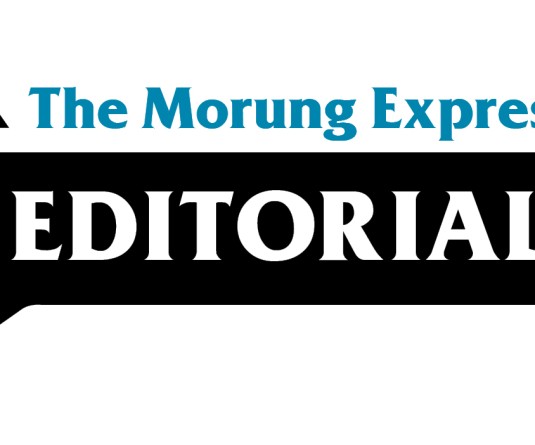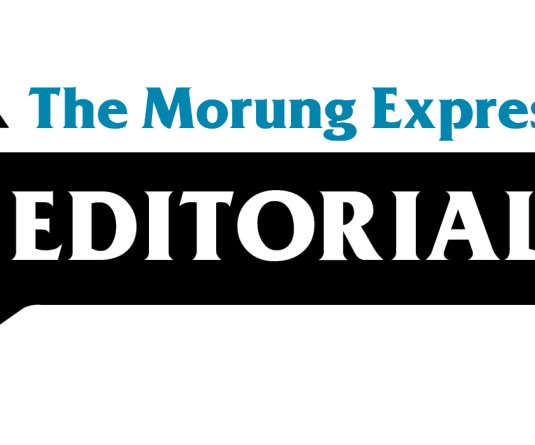
The Naga Nation needs healing. Victims and survivors need healing; perpetrators are in their own way victims of a violent system; and they need healing as well. The need to heal and reconcile emphasizes presence of polarized opinions and it occurs in the backdrop of a history having protracted conflict. Hence it is essential to place the issue of healing in the dialectical interplay of reconciliation, resolution and reconstruction. These three R function interdependently of each other and are in essence the embodied aspirations of a healing nation.
A nation seeking healing must invariably address reconciliation, resolution and reconstruction. It is said that what politics offers at its core is what life offers at its essence – relationship, communication, conflict, discovery and growth. By this one understands that broken relationships which result from conflicts must at one point or another muster the will to enable a political process that leads to re-communication and re-discovery and growth. In effect, it demands a new way of life, governed by principles of respect and dignity. The outcome depends on the process.
In times of crisis it is very easy to focus on the outcome without quite realizing that the outcome depends on the process itself. The process therefore is critical in the search for reconciliation, resolution and reconstruction. It is fundamental that the process be open and public. For instance, two structural decisions that contributed towards legitimacy of the reconciliation process in South Africa were because, the selection of members to the Truth and Reconciliation Commission was a public and democratic process and because there were no electoral politicians in the commission. The degree of public process relies on people’s participation and ownership.
In the South African reconciliation process, any citizen could nominate an individual of high standing and integrity and without any involvement in the apartheid system, to the commission. Several hundred nominations were filed by the people. A selection committee was then responsible for scrutinizing and choosing - through a public process - the members to the Truth and Reconciliation Commission. At the end of the selection process, from several hundred nominees, around 30-odd members were selected into the Commission with Archbishop Desmond Tutu as its Chairperson. This transparent and accountable procedure strengthened the legitimacy and public acceptance of the process.
Any process towards reconciliation has to be transparent and public. It is about the truth and therefore unless the process is open, the truth will not be unveiled. Some may assert that a public and transparent process is open to the possibilities of political manipulation; and it is true that it does happen. The tension between the need for transparency and the need for a safe space is inevitable and inescapable. Therefore the dilemma created by this situation is that while conducting the public process, the objective is to make reconciliation, resolution and reconstruction possible.
Lessons from Naga experience has shown that much emphasis is laid on the outcome and not on the process, and therefore the results have not been very encouraging. The tendency to bypass procedures of democratic participation and due public process of dialogue and accountability have often weakened and negated well-meaning and good-intended initiatives. To sow the seeds of healing in the Naga nation, it is fundamental to ensure that a democratic and accountable procedure of selecting members is respected. Hence the process towards reconciliation, resolution and reconstruction needs to find a pragmatic and relevant approach that reveals the truth without sacrificing or neglecting mercy, justice and peace.
For the sake of future generations, it is important that elders do not politicize the process of evolving a pathway towards reconciliation, resolution and reconstruction. The importance of ensuring an inclusive process cannot simply be ignored. For too long, in the name of convenience and adjustment, democratic principles of participation have been overlooked. This has proved detrimental and has only resulted in aggravating polarized positions of differences and jeopardizing the well-being of future generations.
For once, let’s transcend the isms that ail Naga society, and let’s put into perspective the need for Nagas to recognize the necessity of a dignified existence that will be made possible through mutual respect and understanding.






